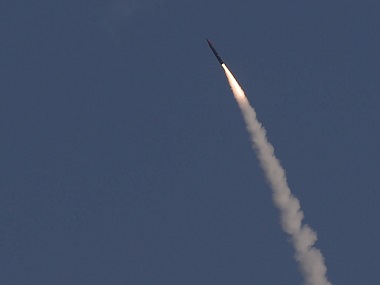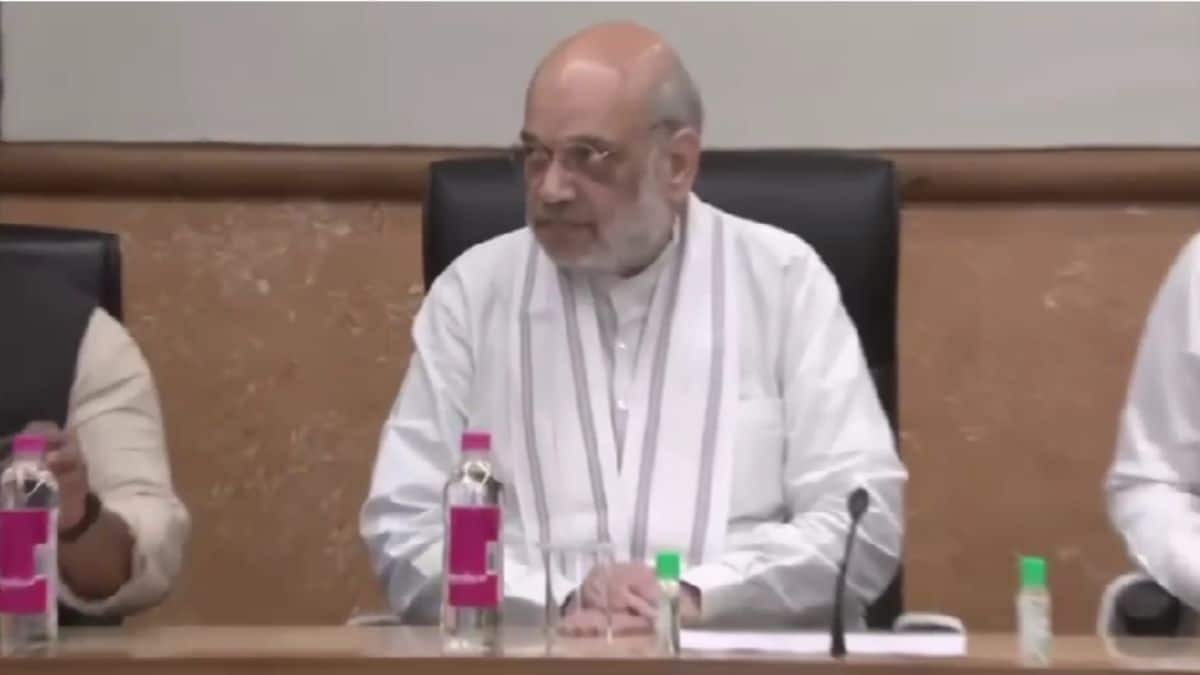The defence ministry has decided to scrap the deal for Spike Anti-Tank Guided Missile (ATGM) with Israel and has asked the Defence Research and Development organisation (DRDO) to indigenously develop and produce a Man-Portable Anti-Tank Guided Missile (MPATGM), according to reports. Ministry sources told
The Indian Express that the decision to cancel the deal was based on the consideration that importing a foreign ATGM would adversely impact the programme for indigenous development of the weapon system by DRDO. [caption id=“attachment_4218621” align=“alignleft” width=“380”] Representational image. Reuters[/caption] The sources further told the newspaper that DRDO had successfully produced the Nag and Anamika ATGMs and it is confident about providing the army with an MPATGM of third generation missile technology, at par with Spike, in three to four years. The deal for the ATGMs was cleared in 2014 by the Defence Acquisition Council chaired by then defence minister Arun Jaitley, reported The Hindu but negotiations on the contract ran into trouble over cost and technology transfer. The deal included over 8,000 missiles, 300 plus launchers and requisite technology transfer to the Indian entity Bharat Dynamics Limited (BDL) initially. Prime Minister Narendra Modi wanted to clear a backlog of defence orders and boost India’s firepower amid tensions with China and Pakistan, Reuters had reported. India’s defence ministry, according to
Israel Defense, completed price negotiations with Rafael Advanced Defence Systems in May last year and deliveries were expected to be completed 48-60 months thereafter. Rafael had even entered into a joint venture with Kalyani group to produce missiles in India. the first facility opened in Hyderabad and would have been able to deliver 200 missiles in a month. Top officials of the two companies told
The Times of India that if the Indian armed forces required, they can also provide hightech air defence systems such as the Iron Dome and David’s Sling. The missile,
The Times of India had reported, has a range of up to 2.5 kilometres and the army had already carried out its extensive trials in plains as well as deserts. It further reported that the Spike MR is a third generation portable multi-purpose electro-optical missile weapon system which weighs around 13 kilograms. The missile can reportedly be deployed from a tripod, vehicles, helicopters and marine vessels. It is a ‘fire and forget’ anti-tank missile that locks on to targets before shooting. Sources told PTI that the proposal to acquire the missile system faced hurdles when Israeli side apparently expressed reservations in ensuring full transfer of technology as per the provisions of the ‘Make in India’ initiative. They said the decision to retract the RFP was taken after the DRDO expressed confidence of producing the ATGMs. The DRDO has now been told to work on the project and has been given four years to develop the missile, the sources said. India had a choice between America’s Javelin, built by Lockheed Martin Corp and Raytheon Co, and Israel’s Spike. US officials have been pushing the Javelin order since 2013 as part of a broader push to deepen defence industry ties with India by increasing the share of production done in the country. The US had initially not agreed to provide critical technologies of the missile demanded by India and shown reluctance to make the missiles available for Indian experts to evaluate,
Rediff reported. However, later Washington sweetened the deal and agreed to co-produce and co-develop the missile in India and partner with the DRDO,
Business Standard said in a report. The US offered the Javelin under the US Foreign Military Sales (FMS) programme, implying that it would be contracted directly between the Pentagon and India’s defence ministry, the Business Standard report added. With the ministry believing that FMS deals are clean and Javelin being considered as world’s premier man-portable, anti-tank missile, it came as a surprise when India chose Israel over the US. That deal however, is now at an end. With inputs from agencies
The defence ministry has decided to scrap the deal for Spike ATGM with Israel and has asked the Defence Research and Development organisation (DRDO) to indigenously develop and produce a Man-Portable Anti-Tank Guided Missile (MPATGM).
Advertisement
End of Article


)

)
)
)
)
)
)
)
)



